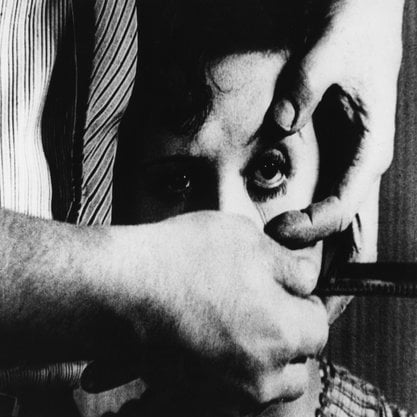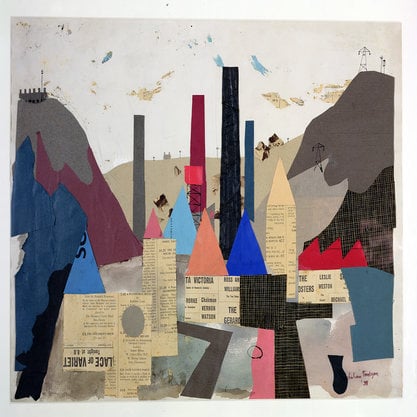Article
Jancsó, Miklós (1921–2014) By Humphrey, Daniel
Article
Hungarian director Miklós Jancsó (September 27, 1921–January 31, 2014) emerged in the 1960s with a series of films professing both an unapologetic Marxist perspective and a subtextually resonant critique of Soviet-style totalitarianism. His earliest films exhibited a palatable, even popular form of Socialist Realism, but his work departed from realist models after 1968; he developed a style involving extremely long takes (one of his features comprises only twelve shots), intricately choreographed crowd scenes, and pageant-like parables that at times depart notably from the confines of reality: In Még kér a nép [Red Psalm] (1972) characters killed on screen are casually resurrected; in Szerelmem, Elektra [Electra, My Love] (1974) an anachronistic helicopter arrives in the final shot to carry its ancient Greek protagonists away to their destiny; and in any number of films, actors (often naked) and animals (usually horses) move in relation to each other in ballet-like synchronicity across vast outdoor plains.


